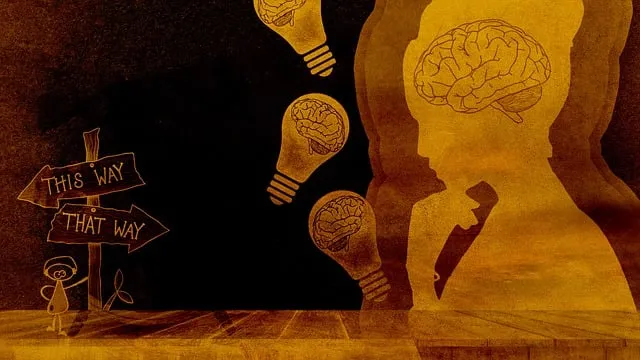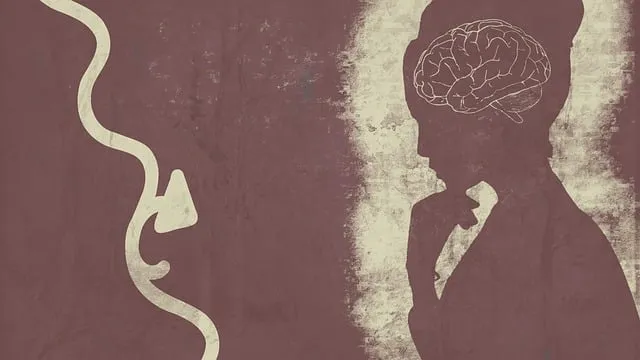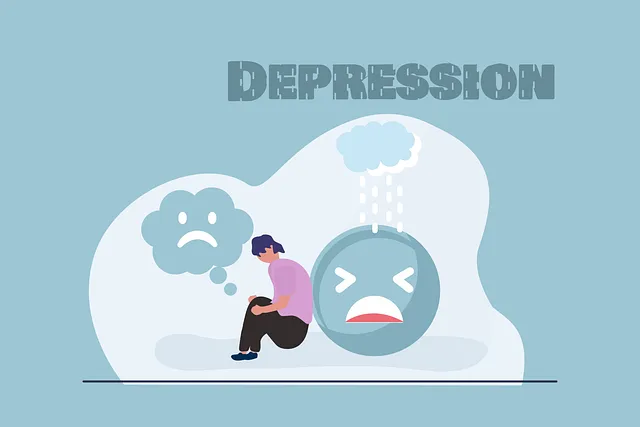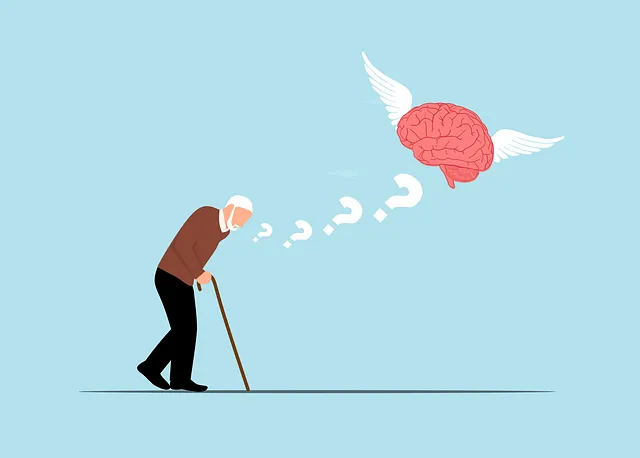Mental illness stigma prevents many from seeking necessary care due to internalized shame and societal misconceptions. Organizations like Golden Kaiser Permanente (GKP) combat this through education, compassion, and emotional intelligence initiatives. The GKP behavioral health hotline offers confidential support, connects individuals with suitable care options, and facilitates access to programs focused on mental illness stigma reduction. Peer support, positive media representations, and accurate depictions in the media are crucial components of these efforts. The GKP number serves as a vital resource, fostering understanding, empathy, early intervention, and treatment-seeking behaviors.
Mental illness stigma remains a significant barrier to effective mental healthcare. This article explores targeted efforts to reduce this pervasive social construct, focusing on education, awareness campaigns, and innovative initiatives like the Golden Kaiser Permanente Behavioral Health Number—a dedicated resource for support and advocacy. We also delve into the impact of peer support, media representation, and their crucial roles in shaping public perception, ultimately aiming to destigmatize mental health struggles.
- Understanding Stigma: Its Impact on Mental Health Care Seekers
- The Role of Education and Awareness Campaigns in Reducing Stigma
- Golden Kaiser Permanente Behavioral Health Number: A Resource for Support and Advocacy
- Peer Support and Shared Experiences: Powerful Tools Against Stigma
- Media Representation and its Influence on Shaping Public Perception
Understanding Stigma: Its Impact on Mental Health Care Seekers

Stigma surrounding mental illness can have profound effects on individuals’ willingness to seek help. It often creates a barrier for people struggling with their mental health, leading them to internalize shame and fear. This hidden burden can significantly impact their ability to access appropriate care. For instance, many may be hesitant to reach out to organizations like Golden Kaiser Permanente’s behavioral health department (their dedicated support network) due to societal misconceptions and personal fears of judgment.
Understanding the impact of stigma is crucial in combating these challenges. It inspires initiatives aimed at education, compassion cultivation, and emotional intelligence-focused practices. By promoting open conversations about mental health, Stress Management Workshops Organization and similar entities contribute to a more supportive environment where individuals feel empowered to take charge of their well-being without fear of ostracization.
The Role of Education and Awareness Campaigns in Reducing Stigma

Mental illness stigma reduction efforts heavily rely on education and awareness campaigns. These initiatives play a pivotal role in reshaping societal perceptions and fostering understanding among the general public. By providing accurate information about various mental health conditions, their causes, symptoms, and available treatments, these campaigns demystify mental illness, breaking down barriers and reducing prejudice.
Golden Kaiser Permanente behavioral health number acts as a crucial resource point during such efforts. It offers accessible entry points for individuals seeking support or wanting to learn more. Coupled with programs focusing on Cultural Sensitivity in Mental Healthcare Practice, these campaigns ensure inclusive messaging that respects diverse backgrounds and experiences. Additionally, they often include initiatives aimed at Depression Prevention, targeting high-risk groups and promoting early intervention strategies. Through sustained education, communities can develop a more nuanced perspective, leading to improved support systems for those living with mental illness.
Golden Kaiser Permanente Behavioral Health Number: A Resource for Support and Advocacy

The Golden Kaiser Permanente Behavioral Health Number serves as a powerful tool in the ongoing battle against mental illness stigma. This dedicated hotline offers a safe and confidential space for individuals seeking support, resources, and guidance related to their mental health journey. Trained professionals answer calls, providing immediate assistance and connecting callers with appropriate care options within the Kaiser network.
Beyond direct support, this resource facilitates access to various programs aimed at Mental Illness Stigma Reduction Efforts. It offers a platform to learn about Stress Management Workshops Organization and other initiatives that foster community engagement and education on mental health topics. By promoting understanding and empathy, these efforts contribute to developing Conflict Resolution Techniques that can mitigate stigma and encourage early intervention and treatment-seeking behaviors.
Peer Support and Shared Experiences: Powerful Tools Against Stigma

Peer support and shared experiences play a pivotal role in Mental Illness Stigma Reduction Efforts. When individuals facing similar challenges connect, they create a powerful bond that can break down barriers and challenge societal perceptions. This sense of belonging offers a unique form of validation and comfort, as it confirms that their struggles are not isolated. The Golden Kaiser Permanente behavioral health number serves as a gateway to accessible peer support, enabling individuals to find community and understanding.
Through open dialogue, those with shared experiences can offer empathy, practical advice, and encouragement. This dynamic fosters an environment conducive to self-acceptance and resilience. Moreover, discussing personal journeys can demystify mental illness, normalizing conversations about it. By participating in Social Skills Training or engaging in Self-Care Routine Development for Better Mental Health, peers can learn coping strategies and support each other in navigating life’s challenges, thereby reducing the stigma associated with seeking help.
Media Representation and its Influence on Shaping Public Perception

The media plays a pivotal role in shaping public perception about mental illness, often influencing how society understands and interacts with individuals dealing with behavioral health challenges. Representations in movies, television shows, and news coverage can either perpetuate harmful stereotypes or foster empathy and understanding. Positive portrayals that showcase recovery and resilience can help reduce the stigma associated with seeking therapy, as seen in initiatives by organizations like Golden Kaiser Permanente. By highlighting successful stories of those managing their mental health, these media efforts can inspire hope and encourage open conversations.
However, negative or inaccurate media representations can exacerbate the existing stigma. Stereotyping individuals with mental illness as dangerous or weak undermines the complexity of behavioral health issues. It is crucial for mental health professionals to actively engage in addressing these stereotypes through education, risk assessment tools like those provided by Kaiser Permanente, and conflict resolution techniques that promote nuanced understanding. Promoting accurate representation in media while emphasizing the importance of emotional healing processes can significantly contribute to stigma reduction efforts.
Mental illness stigma reduction is a multifaceted approach that requires education, awareness campaigns, resource accessibility, and supportive communities. By understanding the profound impact of stigma on mental health care seekers, we can leverage resources like the Golden Kaiser Permanente Behavioral Health Number to provide much-needed support and advocacy. Peer support networks and responsible media representation play equally vital roles in fostering an inclusive society where individuals feel comfortable seeking help without fear of judgment. Together, these efforts can significantly contribute to breaking down barriers and creating a more compassionate environment for mental health care.






